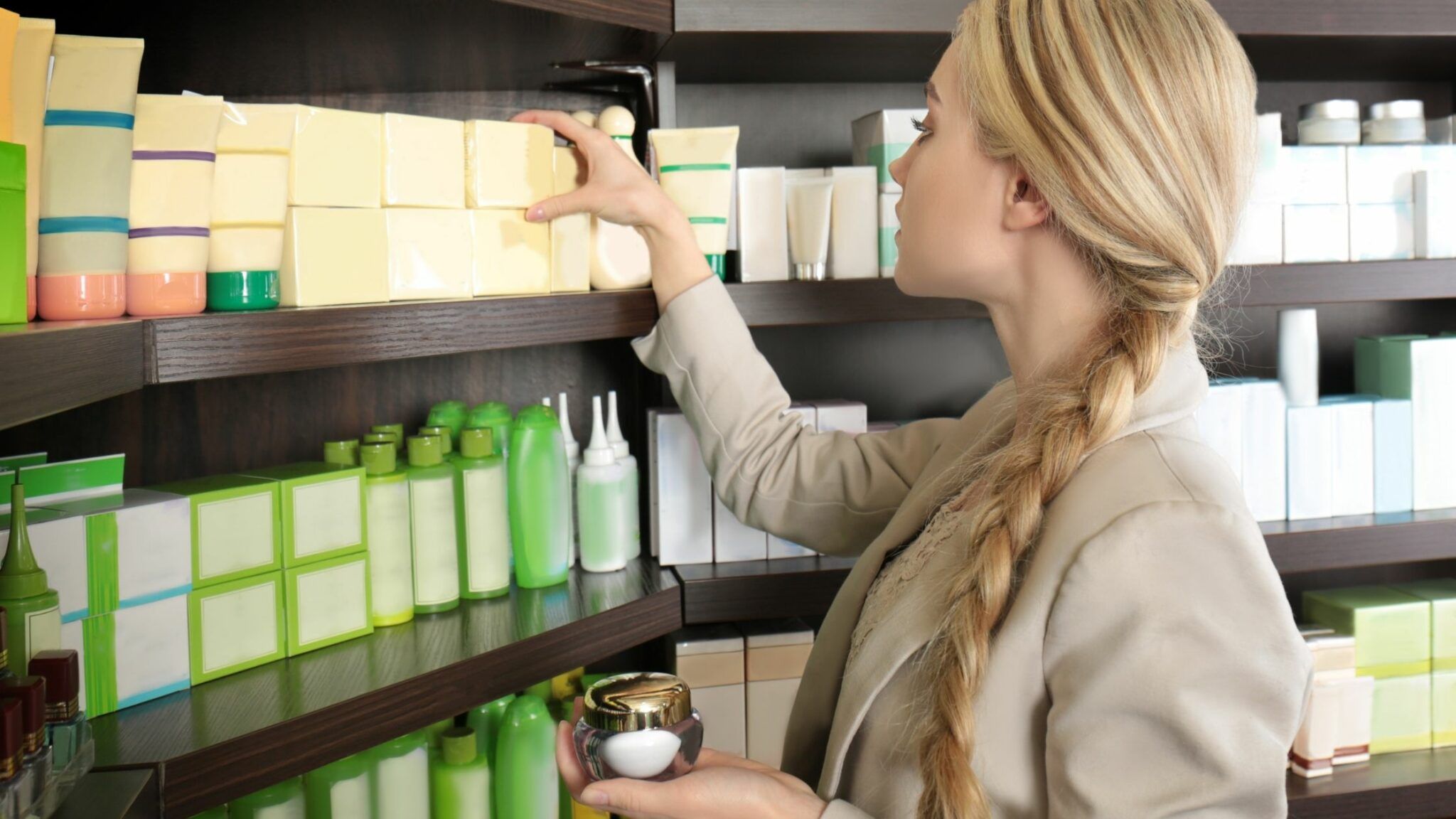Product Choice: Is Expensive Always the Best?
That is the question if you buy a cosmetic or skincare article. But does this calculation actually work? Luxury products are elegant, noble, recognizable. With the packaging alone, I express that I spoil myself and can afford it. In contrast, cheaper products usually come with a simpler presentation. But even if the eye is less attracted, does that mean you have to accept less quality when it comes to the content?
Cosmetics companies invest millions in research – and later also in advertising – and these have to be amortized somehow. Often the consumer pays an overpriced price for patented formulas or in-house developments of innovative or rare ingredients. But there is almost always a lack of scientific evidence that these are actually more effective and worth their price. And you also have to be clear about this: There is no such thing as a unique active ingredient that keeps the skin young and healthy. Rather, there are countless substances that can affect the skin’s metabolism.
Product choice: natural versus synthetic
Whether a brand relies on high-tech molecules from the laboratory or on plant substances from nature is primarily a question of image and the target group of buyers. Because a self-confessed user of natural cosmetics will never let chemicals on his skin. Nevertheless, a quick note on the term “natural”: Such substances are not necessarily better than the synthetic alternatives that are produced in a laboratory, or even differ from them
“Of course is a classic marketing word,” says Benjamin Knight Fuchs, pharmacist and founder of the US skincare Truth Treatment Systems. “For a chemist, there is nothing natural. The body doesn’t differentiate between natural and synthetic, it’s all about the molecular structure. When I take vitamin C (from nature) or make it in my laboratory, it’s the same molecule. I look on the ingredients to see if the body recognizes them.”
Usually several ingredients are necessary for a product to work anyway. The minimalism trend with fewer ingredients, which is particularly recommended for sensitive skin, does not necessarily suit every skin type. Also in terms of the concentration of an ingredient. It is more likely that an expensive cream will contain a higher proportion of it.
If a big player brings a new active ingredient onto the beauty market, which is then referred to in advertising as “revolutionizing the skincare market”, its path to the cream pots is mapped out.… weiterlesen

CultureAndCream Author from Munich
To travel during my profession as a beauty journalist was never enough for my. Also my six month on a world trip didn’t do it. It always attracts me to other cities, foreign countries, on roadtrips and places I don’t know yet. But I am not only interested in “culture” and “cream”, I am also fascinated by people who have stories to tell . Such unique experiences I want to share with you.
